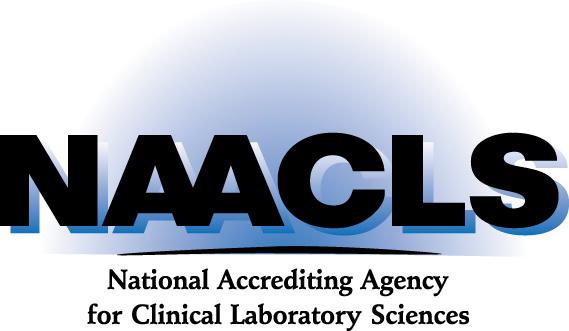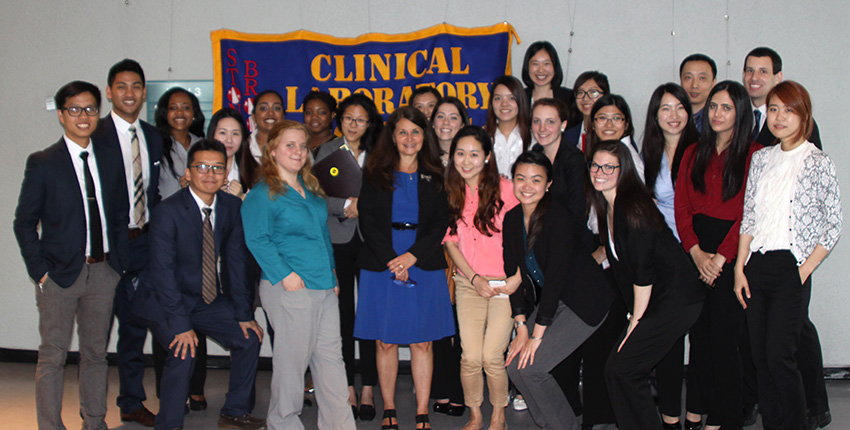I would like to introduce you to Clinical Laboratory Sciences, our nationally recognized program at Stony Brook University. You can apply your science education to a health care career when you become a CLS major at Stony Brook. An important member of the healthcare team, clinical laboratory scientists perform tests that analyze specimens to produce data for the diagnosis, prevention and treatment of disease.
Laboratory testing encompasses the following:
- Clinical Chemistry
- Hematology
- Immunology
- Immunohematology
- Microbiology
- Molecular Biology
In addition, it is important to note that our CLS Program is accredited by the National Accrediting Agency for Clinical Laboratory Sciences.
What Clinical Laboratory Technologists Do?
Clinical laboratory technologists (commonly known as medical laboratory scientists) collect samples and perform tests to analyze body fluids, tissue, and other substances. Some examples are:
- Blood bank technologists, or immunohematology technologists, collect blood, classify it by type, and prepare blood and its components for transfusions.
- Clinical chemistry technologists prepare specimens and analyze the chemical and hormonal contents of body fluids.
- Cytotechnologists prepare slides of body cells and examine these cells under a microscope for abnormalities that may signal the beginning of a cancerous growth.
- Immunology technologists examine elements of the human immune system and its response to foreign bodies.
- Hematology technologists analyze blood focusing on morphology, quality and quantity of red blood cells, white blood cells and platelets.
- Microbiology technologists examine and identify bacteria and other microorganisms.
- Molecular biology technologists perform complex protein and nucleic acid tests on cell samples.

For verification purposes NAACLS can be reached at: 5600 N River Rd #720, Rosemont, IL 60018. Phone Number: (773) 714-8880 Email: info@naacls.org
Stony Brook University offers two experiences for our Clinical Laboratory Sciences Program. Both our full-time and part-time programs are onsite. We ask that you read through both of our program materials to find which experience is suitable for you.
I wish you all the best as you seek to pursue the practice of laboratory medicine as a clinical laboratory scientist.
Sincerely,
Jeannie Guglielmo
Clinical Associate Professor and Chair


